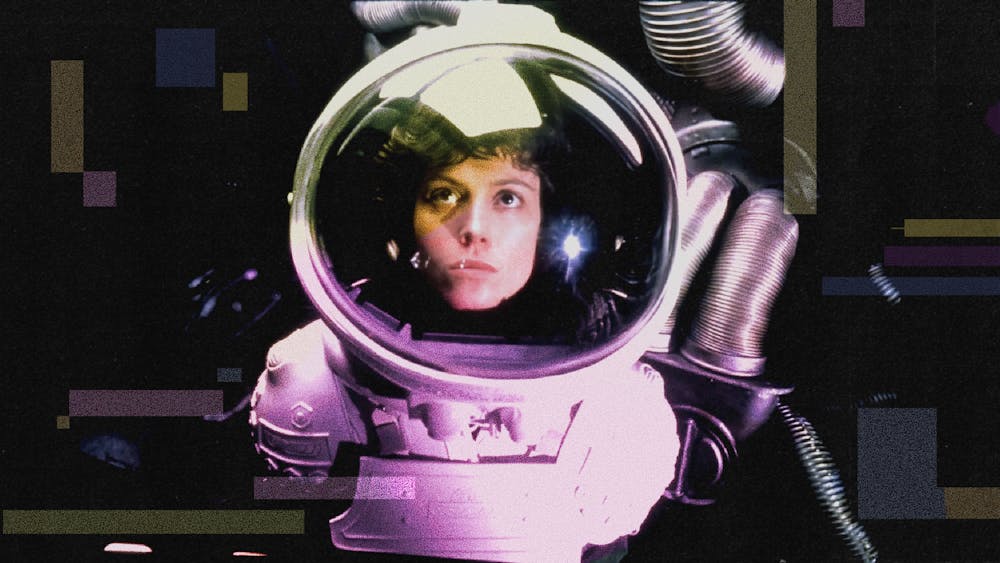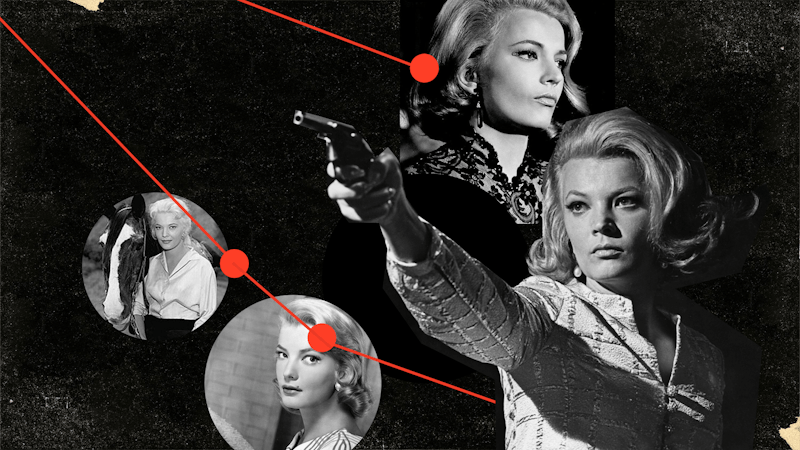Whenever anyone asks me what my favorite movie franchise is, my response, without fail, is Alien.
While most of my childhood was spent as a devotee of more fantastical worlds like Star Wars or The Lord of the Rings, one fateful night in my friend’s basement as a teenager changed that forever. We stumbled across his father’s DVD collection, saw a scary looking cover with a strange egg, and decided we needed to see whatever it contained. Two hours of face hugging, chest bursting, and alien killing later, I was a new man and I had a new obsession.
The subsequent couple of years only deepened my love of the franchise as I discovered the weird and twisty path of the many sequels and prequels. This was also around the time that I got seriously interested in film itself, and I don’t think it’s a coincidence. Above all else, Alien has always been a filmmaker’s franchise. Starting from the very beginning, 1979’s Alien is arguably Ridley Scott’s best film — and he’s made quite a few good ones. The sheer terror he creates from a relatively simple setup, paired with the remarkably innovative concept of portraying a more working–class, blue collar vision of space, still holds up all these years later.
And the filmmaking spectacle doesn’t stop there. How do you follow up an act like Alien? By bringing one of the most talented action filmmakers of all time into the fold. James Cameron’s Aliens isn’t the horror movie Alien is, but it is an all-timer of a war movie. By slightly altering the genre, moving from the terror of deep space to an all–out battle on a forgotten planet, Cameron cemented himself as one of the premier action directors working in Hollywood. Aliens is also one of my father’s favorite films, and I have to wonder if it was his constant regaling the tales of Ripley and Newt that incepted the entire concept of Alien in my head. Cameron’s voice shines through in Aliens, marking the franchise as one where master filmmakers can enter and put their unique spin on the material.
However, now that two directors had made two distinctly different yet equally exceptional entries in the franchise, the burden fell to first time filmmaker David Fincher to uphold the legacy. In recent years, Fincher has established himself as a master of craft, making masterpieces like Zodiac and The Social Network, but Alien 3 was his first film. Fincher sought out to make a headier Alien movie, one more focused on the contemplation of mortality than on the thrills of Aliens or the simplicity of Alien. This clearly did not go over well with the studio, and their interference is eminently visible in the final product. And, as a devout Fincherite, I have to go to bat to defend this misunderstood masterpiece. Alien 3 is certainly not perfect, it may not even be fully coherent, but I choose to believe that the disfiguration and oddity is a feature, not a bug.
Following Fincher comes Jean-Pierre Jeunet’s Alien Resurrection. Despite being saddled with a grating and downright annoying Joss Whedon script, Jeunet’s inherent kineticism still comes through. With Resurrection, Jeunet, whose other features include classics like Delicatessen and Amelie, is still able to showcase his innate filmmaking talent. And while Jeunet isn’t the filmmaker Scott, Cameron, or Fincher is, the fact that he was able to force through his unique perspective and style is just another notch on the Alien franchise's belt. I have never been the biggest Jeunet fan, and it is hard to separate the film we got from the rumored Danny Boyle version of the film, but Resurrection is another film I will always appreciate for how truly strange it is. From Winona Ryder’s atonal performance to the wacky cast of space pirates, it’s a film with more style than substance, but when the style is this good it goes a long way.
After a brief side track to the Alien vs. Predator films of the mid 2000s, we move to the return of Ridley Scott with 2012’s Prometheus and 2017’s Alien: Covenant. The anticipation for these films was high, and the result could be seen by some as underwhelming. Scott didn’t repeat himself; he wasn’t interested in making another contained space horror film. Instead, he made two films more indebted to the 1950s sci–fi films of youth and interested in concepts as highfalutin as the very existence of God and the origin of humanity. If Alien is Ridley Scott showcasing his craft, Prometheus and Alien: Covenant are him displaying all the ideas he’s been noodling on for fifty odd years. My love of Prometheus and Covenant brought my Alien obsession to its final form. While these films are largely either ignored or disliked, they are easily two of my favorite blockbusters of the past decade. They retain the body horror core of Alien while never being afraid to be new or different. In an era when franchise filmmakers can feel stale and boring, Ridley Scott managed to make two profoundly strange treatises on humanity’s origin.
This brings us to present day and the release of the newest Alien film, Fede Alvarez’s Alien: Romulus. I, understandably, had high expectations going in. And while Romulus is without a doubt a good movie, one that entertained me throughout and introduced a couple of new ideas, the film as a whole felt more like a retread than something fresh. It was the first time I’ve watched an Alien film and not felt the unique voice behind the camera come through. Some of that may come down to Alvarez, as he is certainly much more of a journeyman than the other past Alien filmmakers. And that isn’t necessarily a problem by itself. Modern Hollywood needs more skilled craftsman journeyman filmmakers willing to take on odd jobs and reinvent decaying franchises. Alien just isn’t that franchise.
Romulus felt like a film more focused on declaring its love for the other Alien films than on saying anything new. Every other entry in the franchise has had something to say about life or mortality or our relationship with AI or the way we treat women. This is an ideas forward franchise. Romulus was an effective horror movie with some genuine scares and a fun and unexpected third act. It just didn’t reach the heights of the rest of the franchise and left me hoping for something else. Whether that be Ridley coming back to finish his trilogy or a more interesting filmmaker—maybe the first female Alien director getting the reins to the franchise—this is a series of films made by some of the greatest filmmakers in Hollywood history and I hope the next entry reflects that.






